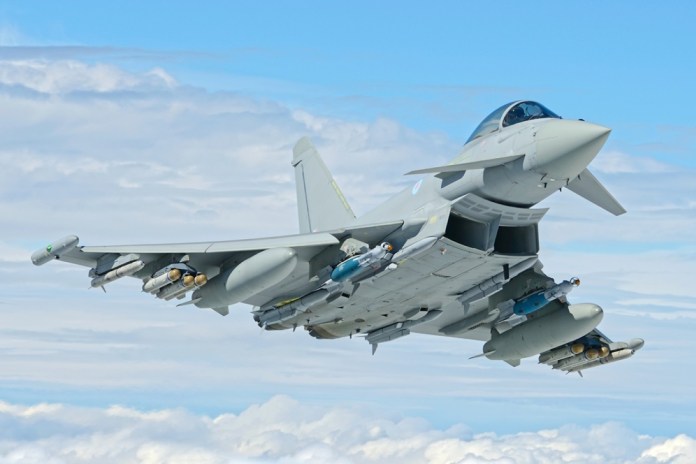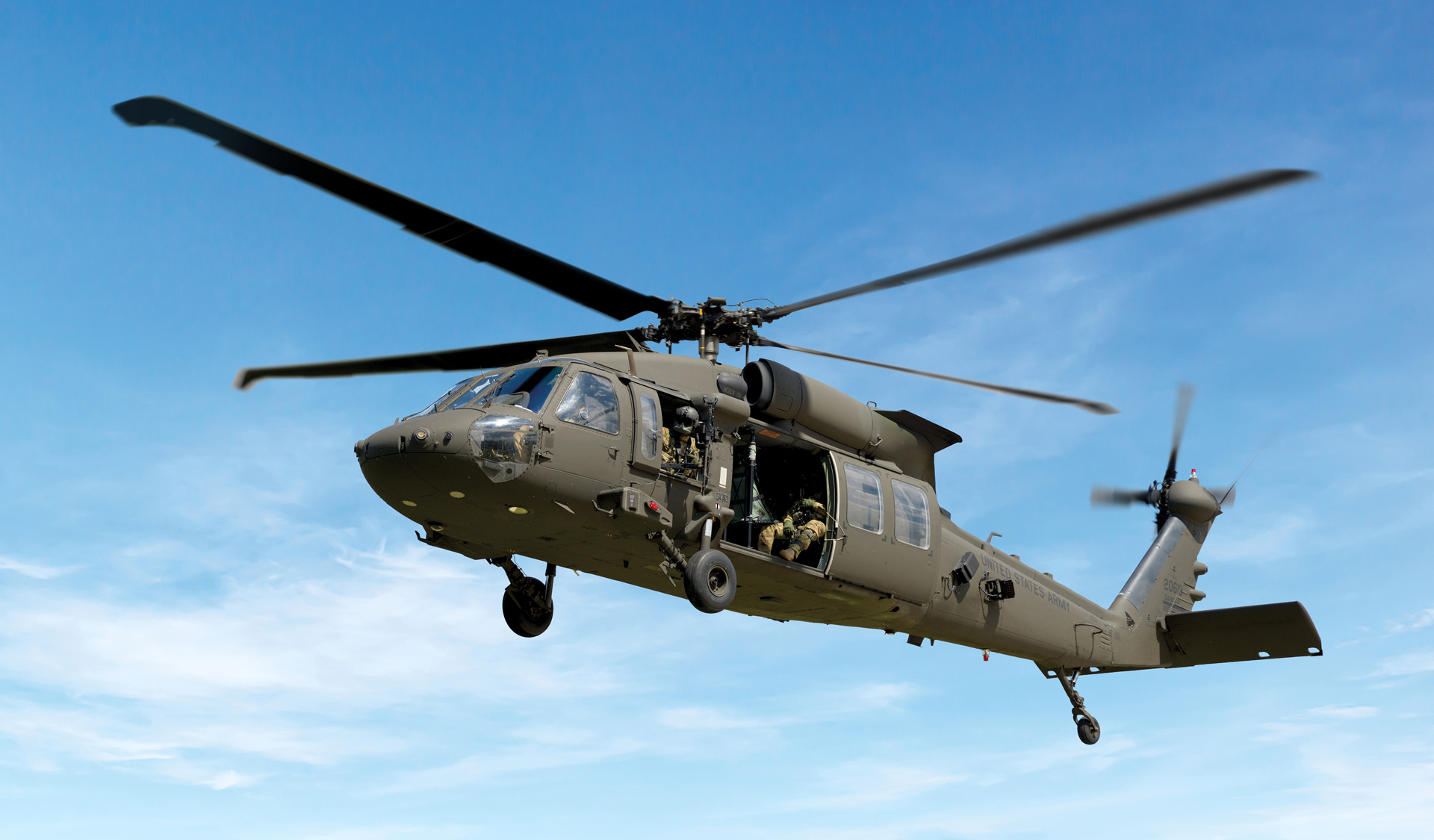The United States has given the green light for the transfer of a significant military package to Greece, including 35 UH-60 Black Hawk helicopters and additional military equipment, with a total value of $1.95 billion. The announcement from the US Defense Security Cooperation Agency (DSCA) on December 15 highlights the depth of strategic cooperation between the two nations. This move is particularly noteworthy as it unfolds against the backdrop of Greece's substantial commitment to bolster its defense capabilities.
The comprehensive deal includes UH-60 M-type (Black Hawk) helicopters along with a range of military armaments such as miniguns, machine guns, rockets, advanced electronic suits, training programs, and logistical support. Lockheed Martin's subsidiary, Sikorsky, will serve as the principal contractor for this significant military transaction.
Greece's Defense Minister, Nikos Dendias, had earlier indicated the nation's intent to increase defense spending by approximately $12.62 billion over the next four years. This commitment aligns with a broader strategy for military modernization, encompassing various procurement initiatives. These include the upgrading of 37 F-16 Block 50 aircraft, the acquisition of at least 20 F-35 fighter jets, and the purchase of 18 Rafale fighter jets from French aerospace giant Dassault Aviation.
The recent agreement for the transfer of UH-60 Black Hawk helicopters signifies a crucial step in Greece's efforts to enhance its military capabilities. The inclusion of advanced electronic suits and cutting-edge training programs underscores the nation's commitment to keeping pace with evolving defense technologies.
In a historic move on December 14, Greece and Turkey, longtime adversaries, announced their intention to rebuild their relationship. The two NATO partners outlined plans to strengthen trade volumes, address longstanding issues in the Aegean Sea, foster good neighborly relations, and explore military confidence-building measures. However, despite this diplomatic thaw, Greece's pursuit of advanced military capabilities continues, as evidenced by the approval of the Black Hawk helicopter deal.
On the other hand, Turkey faces challenges in its quest for F-16 fighter jets from the United States. The prolonged procedure for acquiring F-16 aircraft has led to frustration within the Erdogan administration. Turkey's urgent need for upgraded F-16s, both for practical and strategic reasons, is underscored by the aging state of its current fleet. The procurement of F-16s becomes crucial, especially given the unavailability of F-35 stealth fighters following US sanctions in 2019.
The intricacies of the F-16 acquisition process have prompted Turkey to explore alternatives, including talks with European states for Eurofighter Typhoon jets. Despite facing roadblocks, particularly with Germany's disapproval of the sale, Turkey remains determined to strengthen its air force. The geopolitical dynamics in the region and the delayed decision on F-16s have led to speculation that Ankara might consider turning to rivals Russia and China for its fighter jet requirements.
In summary, Greece's approval for the transfer of Black Hawk helicopters underlines its steadfast commitment to military modernization, while Turkey grapples with challenges in acquiring crucial F-16s from the United States, potentially reshaping the dynamics of military capabilities in the region.

